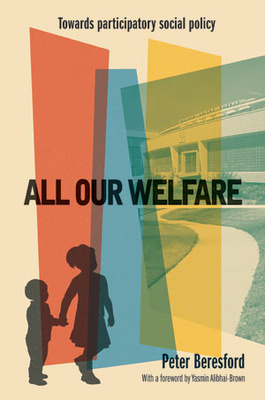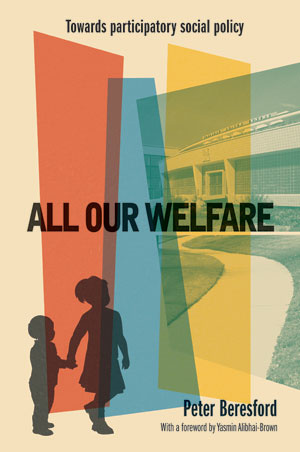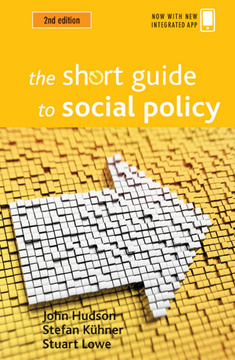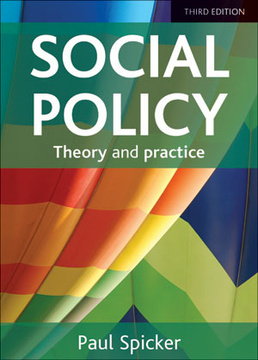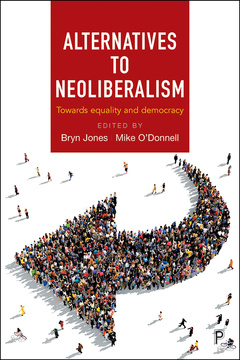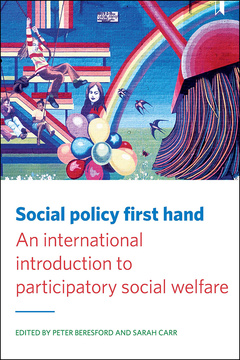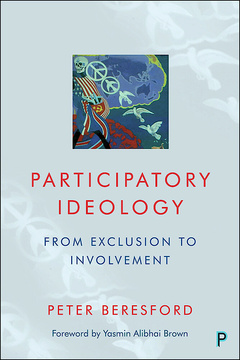Published
Jan 29, 2016Page count
468 pagesISBN
978-1447328940Dimensions
234 x 156 mmImprint
Policy PressPublished
Jan 29, 2016Page count
468 pagesISBN
978-1447328933Dimensions
234 x 156 mmImprint
Policy PressPublished
Jan 29, 2016Page count
468 pagesISBN
978-1447328971Dimensions
Imprint
Policy PressPublished
Jan 29, 2016Page count
468 pagesISBN
978-1447328988Dimensions
Imprint
Policy PressThe UK welfare state is under sustained ideological and political attack. It has also been undermined by accusations of paternalism and past failures to engage with the very people it is intended to help.
This unique book is the first to critique the past, present and future welfare state from a participatory perspective. Peter Beresford, champion of user involvement, draws on pioneering theories and practice of welfare service user movements to offer a blueprint for a new participatory social policy. He controversially challenges orthodox social policy and the limitations of both Fabian and Neo-liberal perspectives in engaging people to improve their own welfare, drawing on service users ‘ own ideas and experience, including fascinating vignettes from his own family’s experience, to demonstrate the value of ‘user knowledge’.
Filling a much-needed gap in the literature, this accessible text will provide a great introduction for students and a road-map for practitioners of an alternative vision for a future participatory and sustainable social policy. It will also command much wider interest from everyone concerned with how we look after each other in future in society.
Peter Beresford OBE is Professor of Citizen Participation at the University of Essex and Emeritus Professor at Brunel University London. He has a background as a long-term user of mental health services and welfare benefits. He is also Co-Chair of Shaping Our Lives, the disabled people’s and service users’ organisation, network and think tank. He has a longstanding involvement in issues of participation as service user, writer, researcher, campaigner and educator.
Introduction: Owning not othering our welfare;
Part One: The legacy of the past;
Setting the scene for welfare and social policy;
The Past;
The origins of the welfare state;
The welfare state and pressures from the war;
The principles of the welfare state;
The welfare state: Whose consensus?;
Back to the past;
What’s wrong with social policy?;
Part Two: The way to the future;
The beginnings of something different;
A new set of principles for social policy;
Reconceiving research;
A new approach to social policy;
Welfare policy for the twenty first century;
Supporting each other in the future;
Changing welfare;
Afterword: The future: a different way forward?







